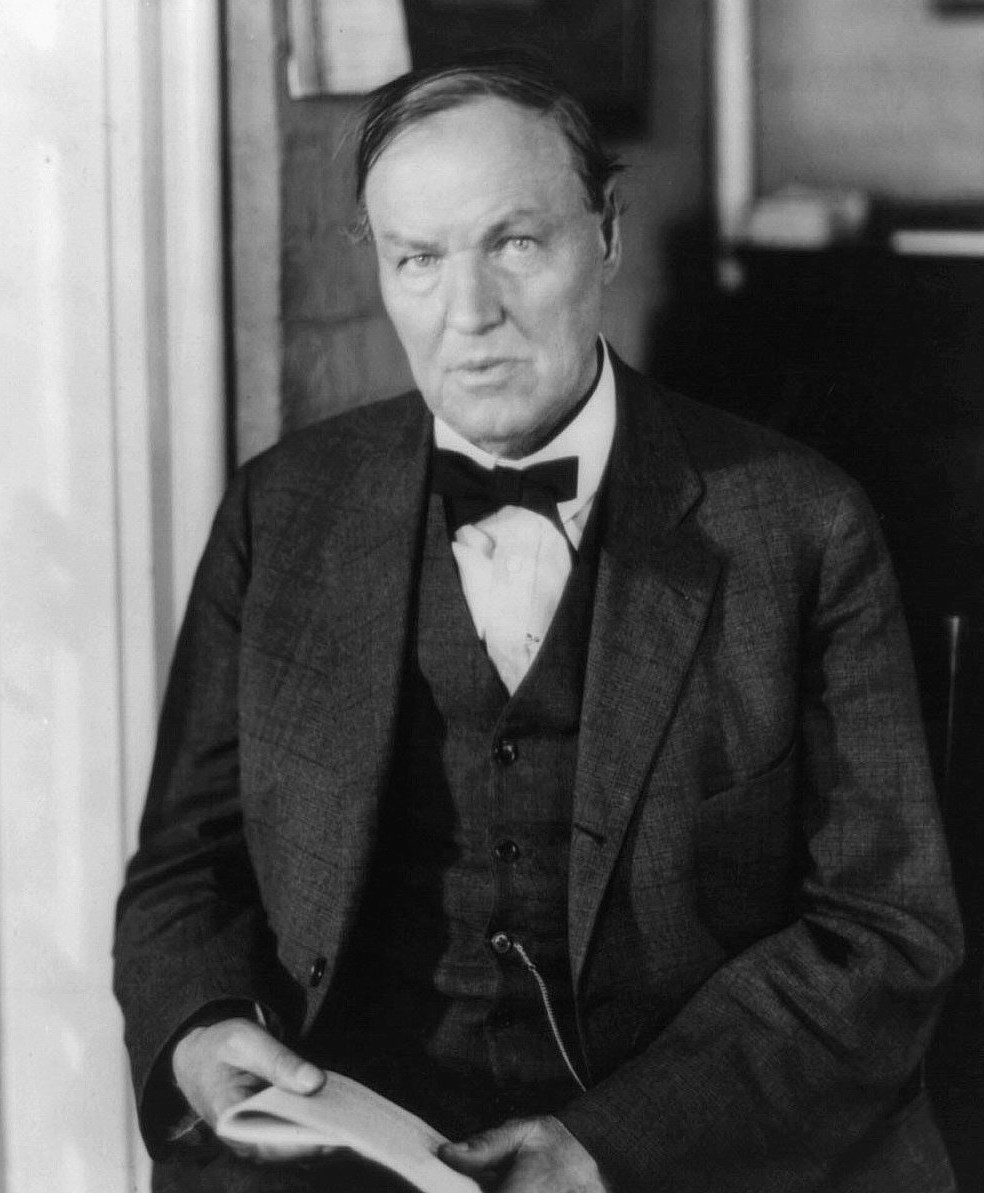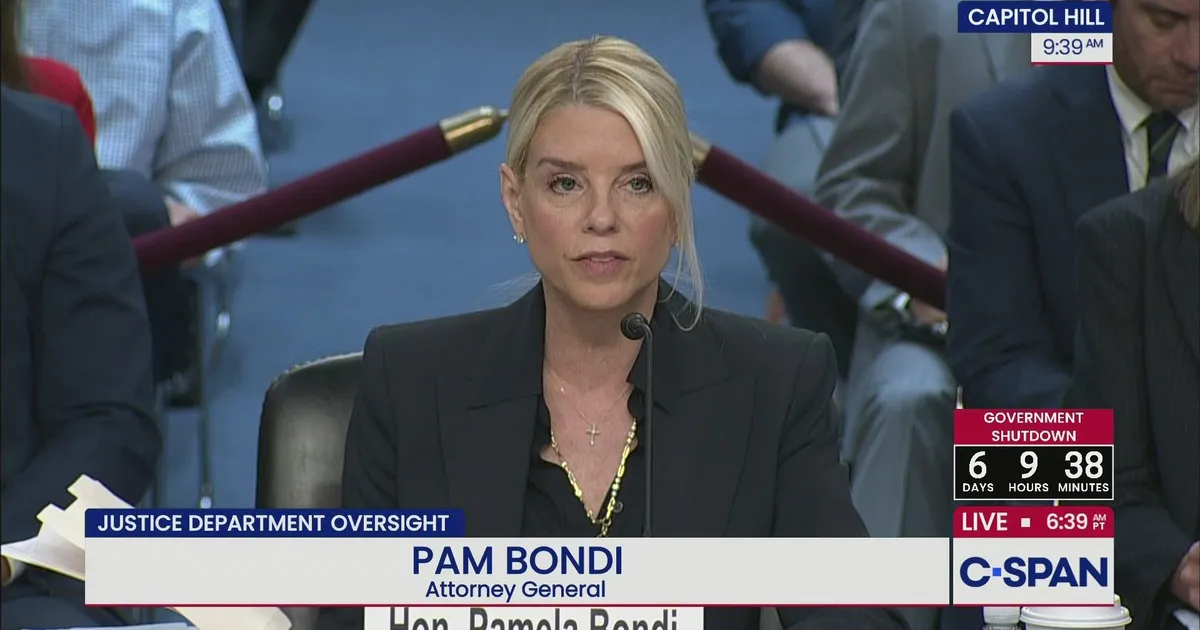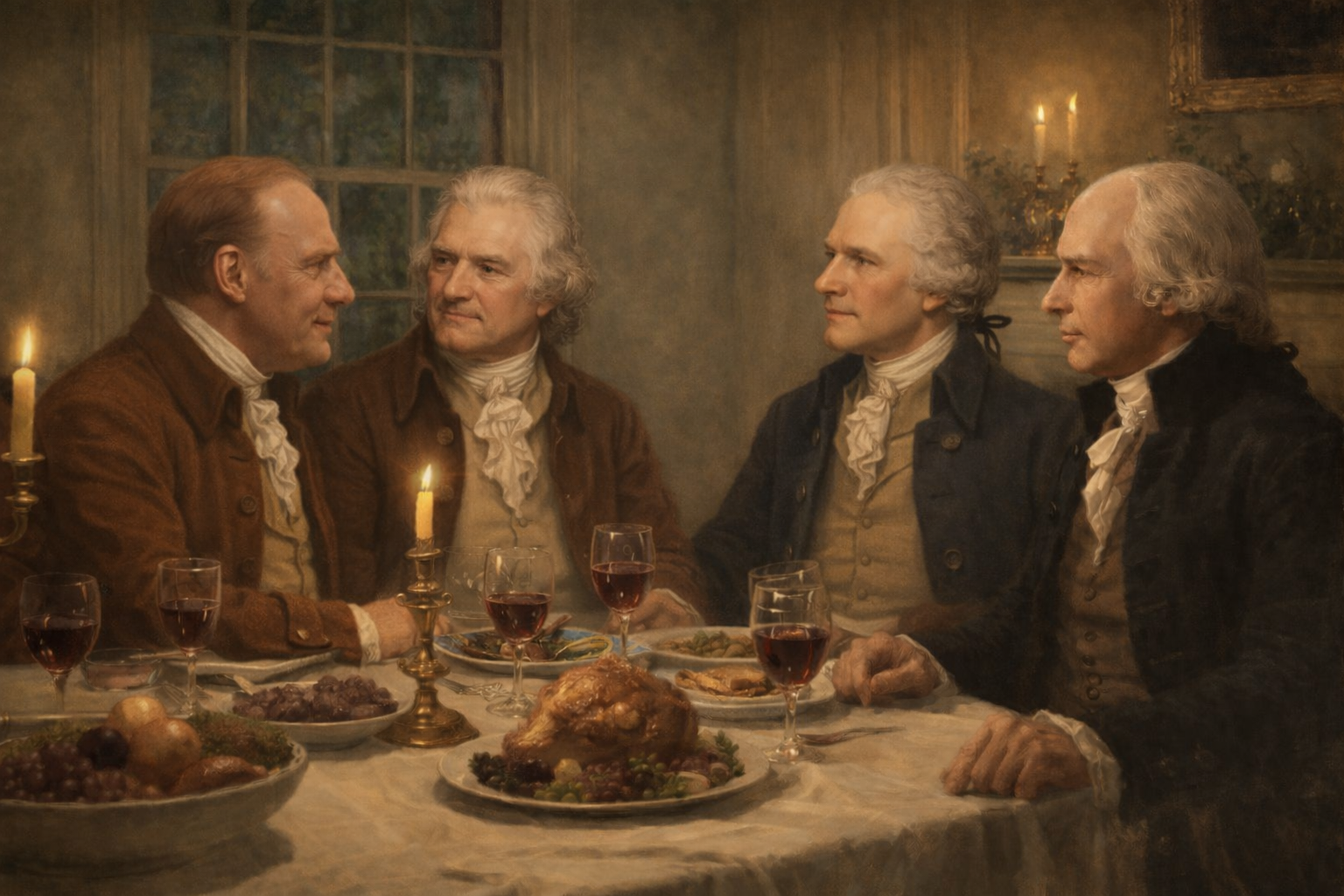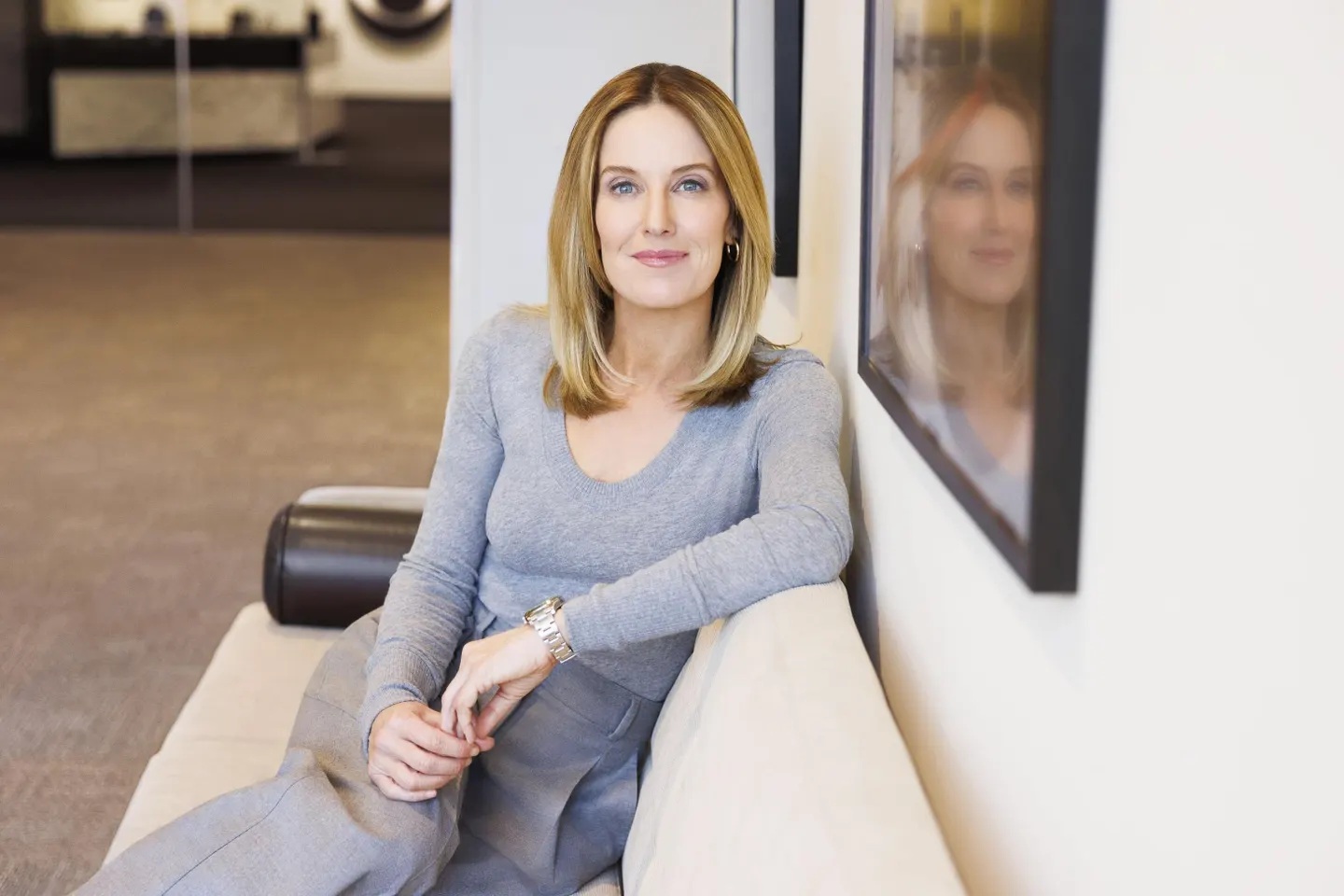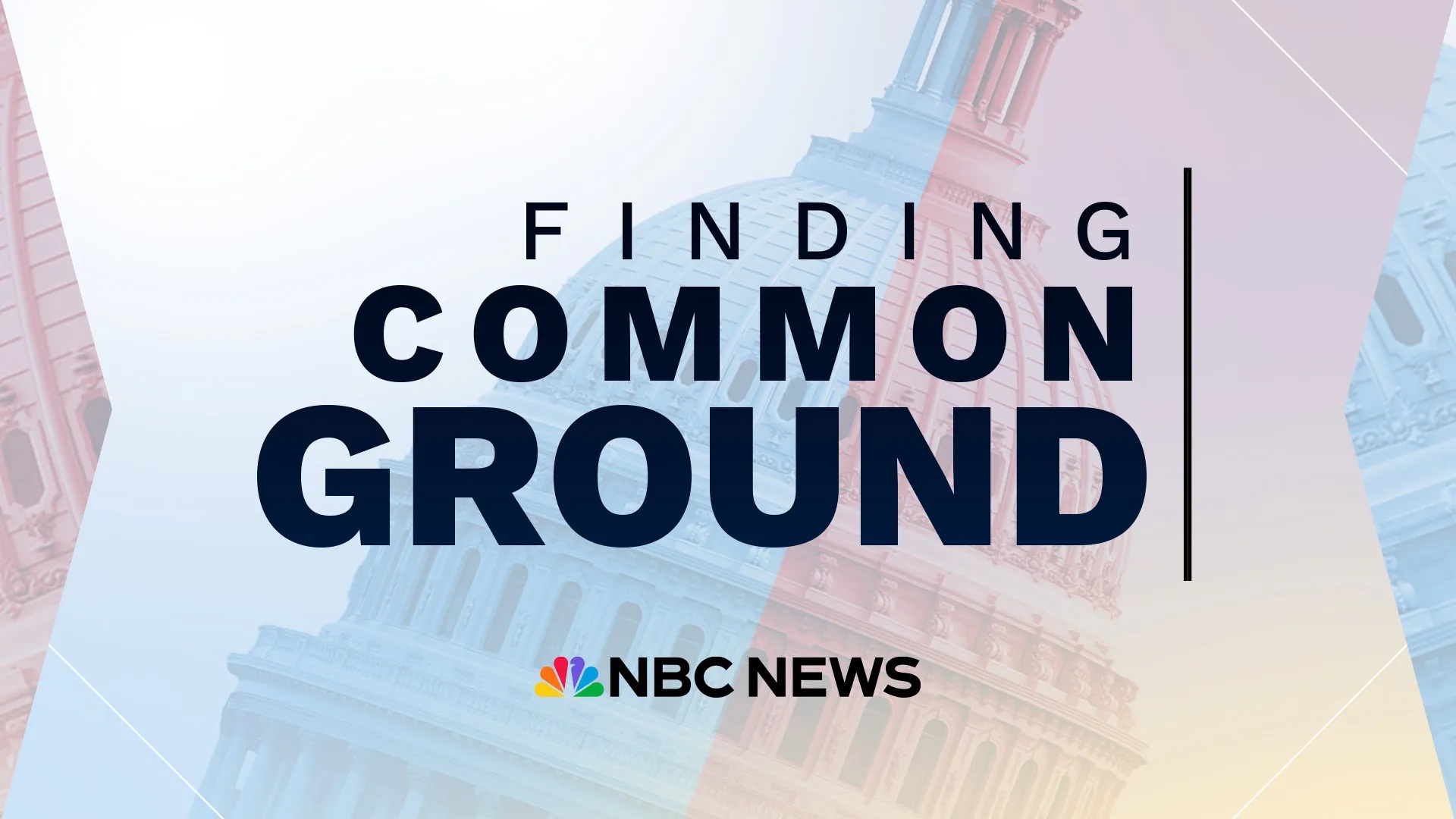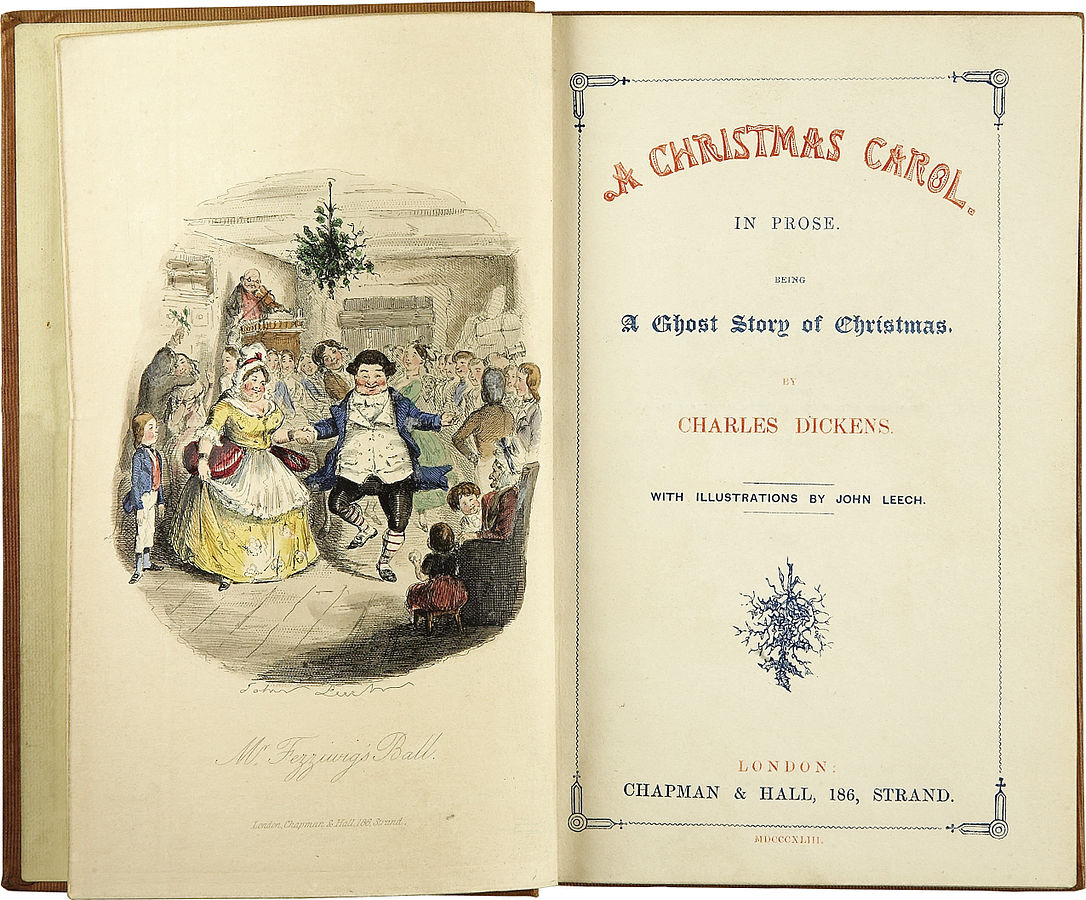“You are trampling on our constitution,” Craig Miller shouted at Pennsylvania Senator Arlen Spector last Tuesday.
“This is about the dismantling of this country,” Katy Abram added.
“They are talking about killing people,” said Laurel Tobias.
The question that kept coming up for me was, WHY.
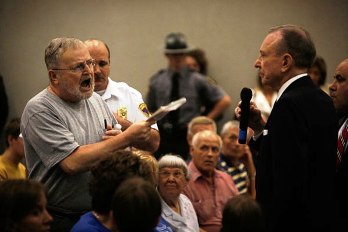
Why are people so angry? Why are so many lashing out, like never before, at both Democrat and Republican representatives?
“This isn’t just about health care,” said Carolyn Doric of Harrisburg. “It’s about political power and a means to regain political power.”
Contrast that meeting with Mr. Obama’s town hall in New Hampshire. No angry shouts about “death panels,” no claims of un-Americanism. In fact, the crowd was so friendly Mr. Obama specifically asked for tough questions.
However, protestors outside the president’s meeting were in full anger mode. Diane Campbell of Kingston, N.H. said, “Adolph Hitler was for exterminating the weak… that’s what’s going to happen.”
“I think they’re ill-informed,” David Matayabas, of Waltham, Massachusetts, and supporter of reform said, “…and they’re regurgitating talking points from Rush Limbaugh.”
In spite of the fact that several news agencies and independent organizations have detailed “truth vs. fiction” points about health care in stories and web sites, there remains a very vocal crowd that believes the worst.
Why are people so quick to believe misinformation instead of facts? And why does President Obama seem to get a pass on all this outrage? (Although Montana might tell a different story.)
The answer may lie in a perfect storm of events.
In part, this began 18 to 24 months ago when the economy took a steep slide off the cliffs of insanity – the subprime crisis, failures at Fannie and Freddie, Lehman Brothers, Bear Stearns, A.I.G., Chrysler, GM, followed by massive layoffs.
Although never labeled a Depression, most experts agreed that we were now experiencing the greatest recession since that time. Uncertainty became the new normal.
The 2008 election brought a great change in political leadership. The Democrats were in charge of both the White House and Congress. The first black president in the history of the country promised “Change You Can Believe In.”
But just how much “change” can some people believe in, in the midst of so much uncertainty?
Finally, there’s the issue of trust and the egregious behavior by political and corporate figures that’s been ratcheting up since 2006. In just the last few weeks, we’ve seen: former Democratic Congressman William Jefferson’s bribery conviction; Republican Governor Mark Sanford’s affair in which he lied to his own staff about his whereabouts; and thousands of internal e-mails that show that White House Deputy Chief of Staff Karl Rove did play an active and unethical role in the 2006 firings of a number of U.S. attorneys.
Is it any wonder that trust in public officials is at an all time low?
Last May, the Capps/Zogby First 100 Days – Integrity, Leadership, Trust poll revealed that only 18% of 3,367 likely voters gave Congress a positive rating in the area of “restoring trust in government” compared to Mr. Obama’s positive score of 50%. While most people still trust Mr. Obama, Americanspassionately distrust Congress.
Okay, but why so much fear and outrage over Health Care? This was an issue that ranked third in terms of actionable issues Americans said were most important last November in the Capps/Zogby Post-Election Poll that I detailed in The Winter of Our Discontent.
People have been angry and mistrusting for so long over somuch corruption that they’re willing to grab hold of anyone or anything that validates that anger. And that is the moment when demagogues are given an unusual credibility as their voices serve as a catalyst to authenticate and perpetuate the outrage.
In 2006, I commissioned a poll from Zogby International entitled, Honesty and Trust in America, with analysis by the Center for Cultural Studies in Philadelphia.
In May of that year, the Center wrote “The survey reflects a growing perception of a large gap between the values of corporations and government institutions and the values of the American middle class. Values gaps are always perceived as threatening, and a perceived threat to the middle class inevitably leads to social action as it did during the Great Depression.”
I wrote in the conclusion to that report, “…with public opinion at a ‘tipping point,’ the necessary courage [to take action] could be achieved fueled by the anger of more ethics scandals involving political and corporate leadership.”
“It will take only one precipitating event,” the Cultural Studies group wrote, “an Ethical 9/11, in conjunction with the rise of a recognized [perceived] champion of the middle class… to gain critical mass.”
Mr. Obama became that champion, coming to office with a calm presence and clear leadership style that reflected many of the American values that seem to have been tossed aside in Washington in favor of secrecy, corruption and deceit.
But the mountain of change that is Health Care reform, an issue Mr. Obama not only campaigned on but was largely supported by voters, has turned many of those same voters into an angry mob fueled by basic distrust of anything governmental.
Americans may trust Mr. Obama, but they don’t trust Congress, certainly not about major reform of Health Care and not in such uncertain times.
However, Americans have faced uncertain times before – the Great Depression – and come through it. They’ve faced demagogues – 50’s Senator Joseph McCarthy who fueled fears of a nationwide Communist conspiracy – and survived.
And we can come through this uncertainty IF… we remain clear and rational ourselves.
The last question in the 2006 “Honesty” poll asked, “What two or three specific changes would have to take place in order to improve honesty and trust in America?” More than 8,000 Americans offered some very timely advice:
“We need less media pundits… [that] do nothing but spread hatred in order to make themselves more popular.”
“We need to show respect for people that are honest even when we may not agree with them.”
“We need leadership that places a high value on honesty, even when they have to pay a high price for it…”
Comments
